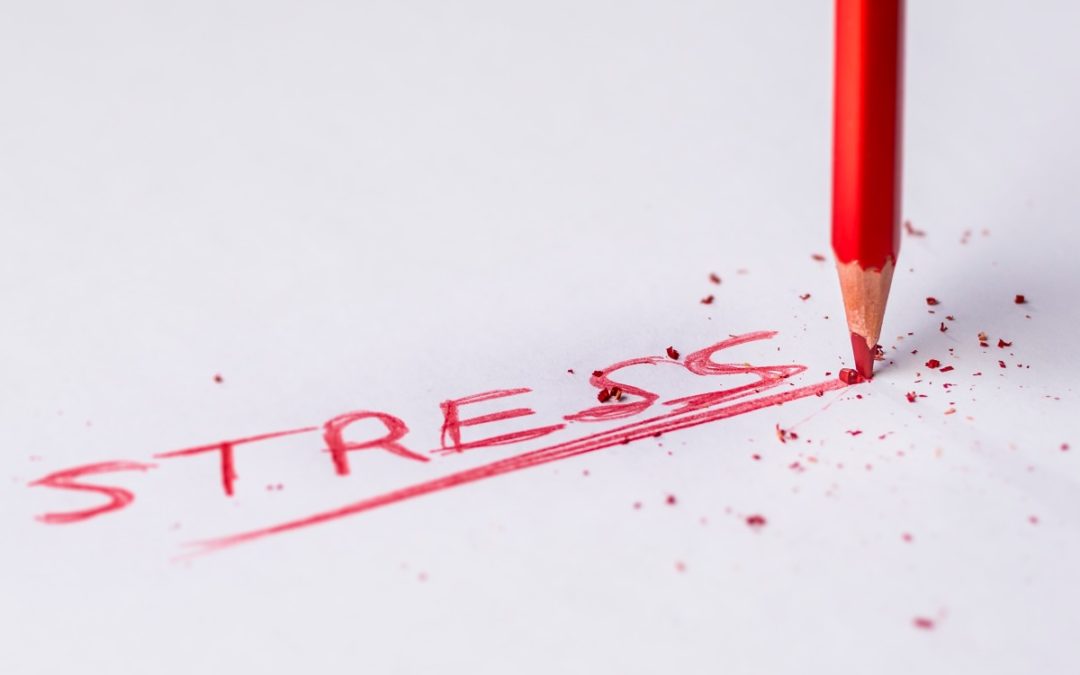Stress can have many negative effects on addiction itself, but it also plays a role in the effectiveness of recovery. As stress has been shown to impact the onset of addiction, it can also affect the potential occurrence of a relapse. Learning how to manage stress effectively can help with successful recovery.
Effects of Stress
Stress can negatively affect many aspects of your daily life, especially when it comes to recovering from an addiction. As your body’s response to stress often puts you in a crisis-like mindset, various side effects may come into play that push you off the path to success if not addressed.
Potential of Relapse
One of the major effects that stress can have on the process of recovery is the potential for relapse. If stress is not properly managed, relapsing can be a way to alleviate stress for the time being. When extreme life events bring high levels of stress, it can be easy to fall back into the old patterns of substance abuse and slip away from everything you have learned throughout treatment.
Relapses rarely occur when life is running smoothly,y and you feel satisfied and happy. An external stressor often is the catalyst that helps push you toward a relapse. As you work to alleviate your feelings of stress or overcome the situation that caused the stress, you may feel the desire to use drugs or alcohol as a temporary solution.
Stress has a more significant impact on recovery success during treatment and the first few years of recovery. As time goes on, most individuals develop healthy skill sets to manage stress without relying on a substance. Although the potential for relapse drastically decreases after a few years of sobriety, it is still possible for a relapse to occur. Being mindful of your prior addiction and refraining from use in the long term can help ensure that the cycle of addiction does not restart.
Slower Healing Process
Stress has been researched extensively and has been shown to negatively impact your overall physical and psychological health. Many people who have dealt with substance use disorder (SUD) find that some level of damage to their bodies has occurred. For some, this damage may be severe, but for others, the damage may be mild. With any level of damage, however, stress greatly impacts your body’s ability to heal properly.
When you experience high levels of stress, your ability to heal from injury is reduced, and your immune system doesn’t function properly. While your body can still often work its way to health again, stress drastically slows this process. If you are struggling with any injuries that occurred from substance abuse, failing to manage your stress can cause your injuries to take more time to heal.
Increased Impulsivity
When you experience stress, your body goes into a state similar to shock. Your heightened emotional state seems to worsen the situation, and your body and mind are running around trying to solve the problem as quickly as possible. When you go through this, the potential for making impulsive decisions is drastically increased. Impulsive decision-making is an extreme danger when working to overcome the psychological challenges of addiction.
When dealing with an addiction, your decision-making process is altered by the substance. As you are working to re-wire your brains, high levels of stress can work against us. When you are experiencing high levels of stress, it is easy to want a release that abusing alcohol or drugs used to give you. Since you may be more impulsive when experiencing stress, choosing to relapse is a real danger.
If these levels of impulsivity do not lead directly to relapse, there is an increased potential for making decisions that may negatively impact your recovery. For example, when individuals struggle to overcome stressful situations, they may take out their emotions on those around them, often their support circle. While your support circle may forgive these outbursts, it is important to be mindful of how you treat people during this period, as their support is vital to your recovery.
Manage Your Stress
As you learn and develop various coping skills during treatment for your addiction, you may find that many of these skills can be used to manage your stress level. Understanding how to calm your emotional state and allow yourself time to process events and situations can help to alleviate stress.
Knowing the potential setbacks that can arise from improper stress management can show you how vital stress management is. Implementing skills to regulate your emotional state and manage stressful situations can help lower the chances of these situations occurring and affecting your potential for success in your recovery.
Stress can take a toll on anyone’s ability to function, but the effects can be drastic during the process of treatment and subsequent recovery from substance use disorder. Stress levels impact not only the onset of addiction but also the process of recovery and the potential for success in recovery. Failure to manage stress levels can lead to an increased chance of relapse, slowed physical healing throughout the body, and increased levels of impulsivity. Each of these effects can disrupt the process of recovery and lead to various setbacks in both your progress and emotional state. Developing the appropriate skills to manage stress can help set you up for success throughout recovery and the rest of your life. To learn more about the effects that stress can have on addiction recovery, reach out to Dream Recovery at (949) 732-1960. We are here to help you.


Recent Comments